
A study by Carlos Chaccour and Matthew Rudd finds “prolific debutante” authors likely using #AI to mass-produce submissions.
Learn more in @science.org: 🟠https://f.mtr.cool/natqzgbtau
#Research #Science

A study by Carlos Chaccour and Matthew Rudd finds “prolific debutante” authors likely using #AI to mass-produce submissions.
Learn more in @science.org: 🟠https://f.mtr.cool/natqzgbtau
#Research #Science



rdcu.be/eBkFM

rdcu.be/eBkFM
journals.plos.org/plosntds/art...
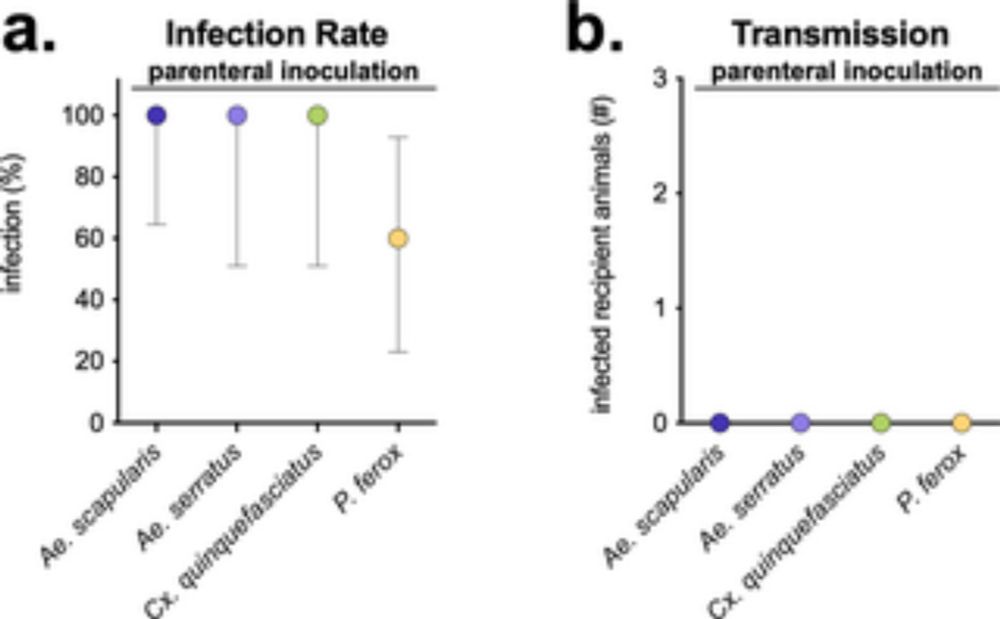
journals.plos.org/plosntds/art...
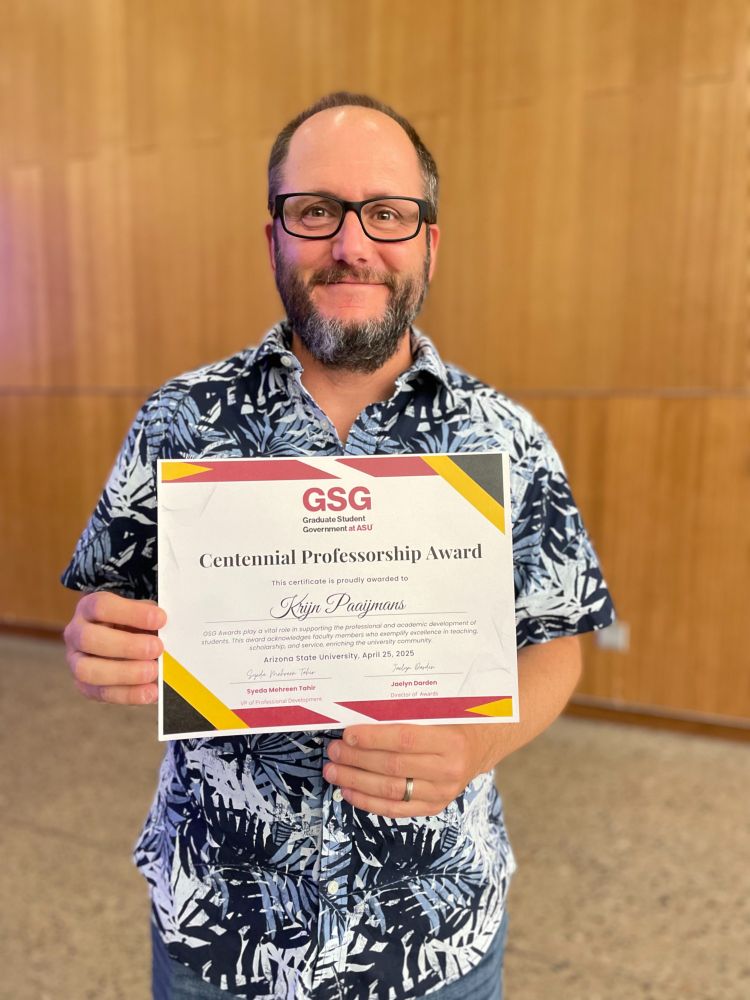
📦 GitHub: buff.ly/tImDQdv
🎚️ Shiny app: buff.ly/t9oMOwv
#malaria #anopheles
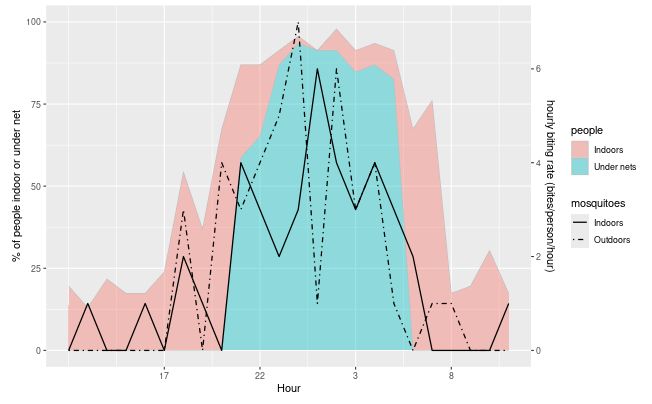
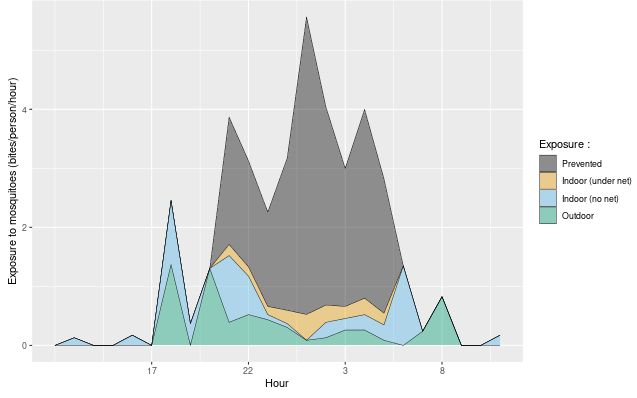
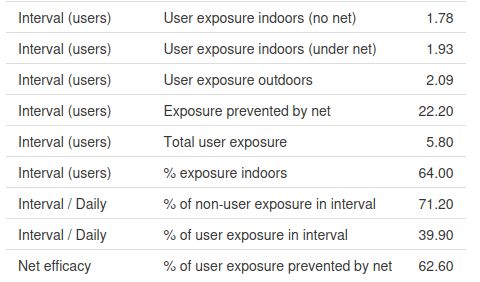
📦 GitHub: buff.ly/tImDQdv
🎚️ Shiny app: buff.ly/t9oMOwv
#malaria #anopheles
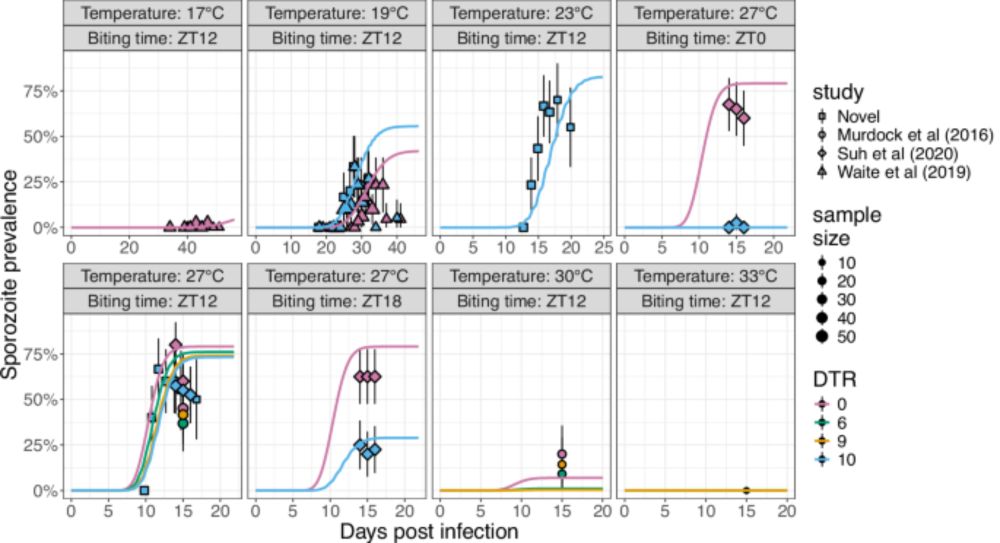
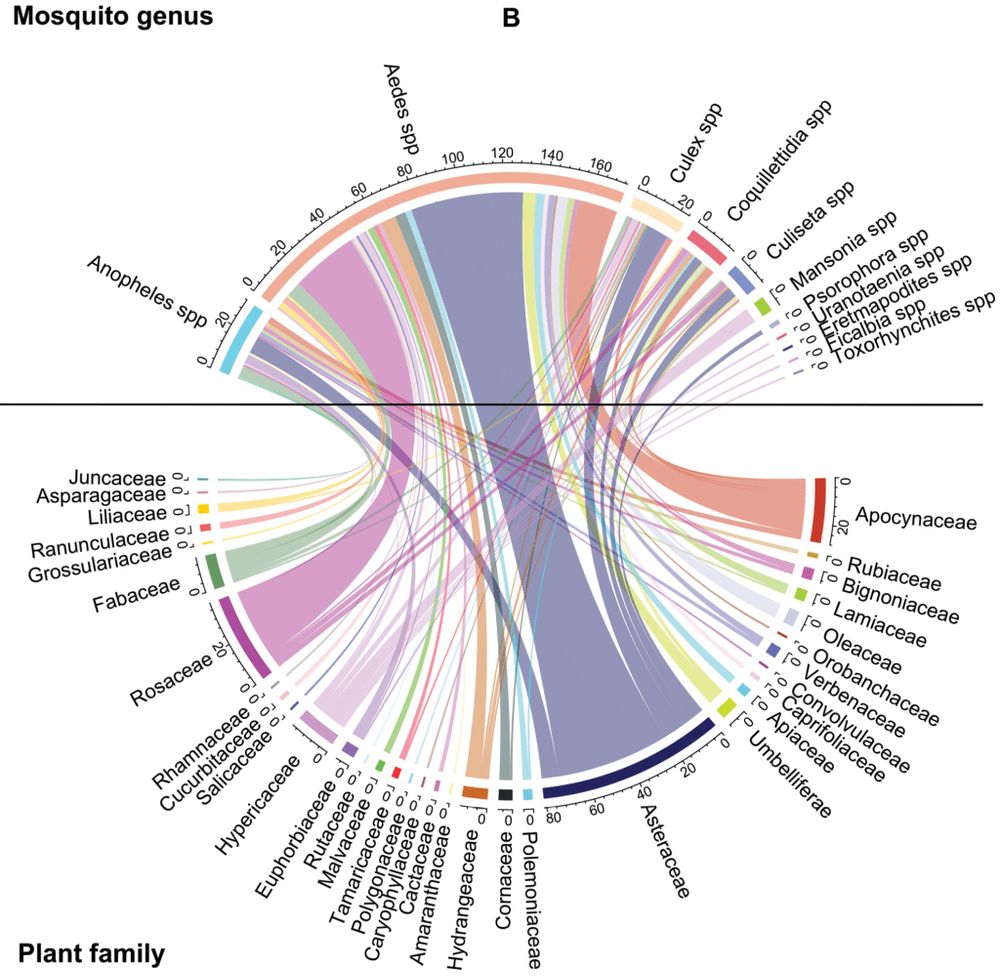
Nowcasting and short-term forecasting of infectious diseases
with Johannes Bracher
at @kit.edu
More details: http://iddjobs.org/jobs/2296
Nowcasting and short-term forecasting of infectious diseases
with Johannes Bracher
at @kit.edu
More details: http://iddjobs.org/jobs/2296
Research Officer in Infectious Disease Modelling
at University of Cape Town
More details: http://iddjobs.org/jobs/2294
Research Officer in Infectious Disease Modelling
at University of Cape Town
More details: http://iddjobs.org/jobs/2294
Through an unprecedented synthesis (2133 studies!) we show that humans are not only shrinking species numbers—but reshaping entire communities across the planet. 🌍🌐🐟🌿🪲
www.nature.com/articles/s41...
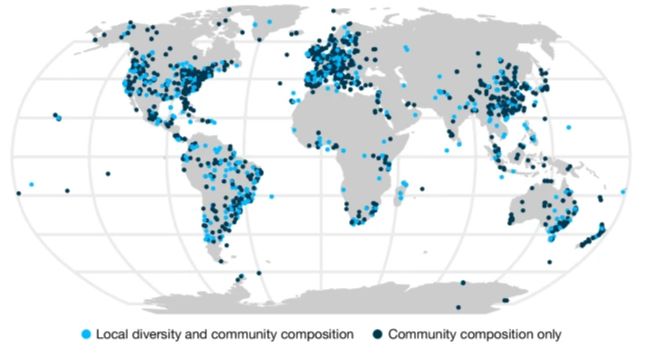
Through an unprecedented synthesis (2133 studies!) we show that humans are not only shrinking species numbers—but reshaping entire communities across the planet. 🌍🌐🐟🌿🪲
www.nature.com/articles/s41...
- role of urban veg 🌿
- lagged effects of meteo🌦️
- micro-climate🌡️
🌐🧪
- role of urban veg 🌿
- lagged effects of meteo🌦️
- micro-climate🌡️
🌐🧪
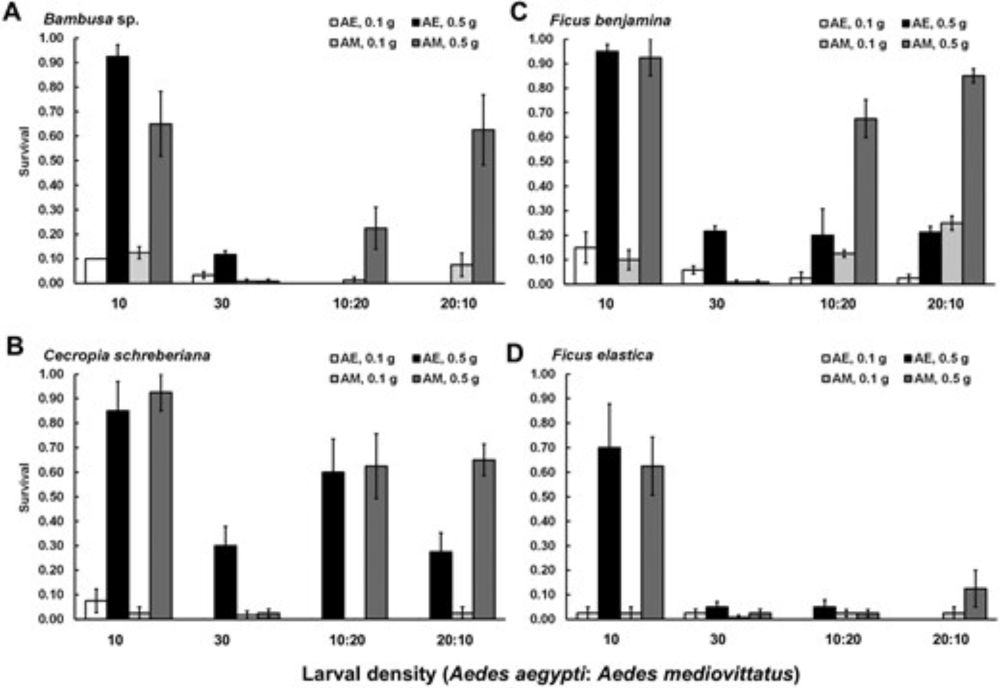
📍Spot Akua Obenewaa Yirenkyi Danquah, reporting from Ghana, added to the announcement image below!
Reports added daily here➡️
mesamalaria.org/reports/2nd-...
Stay up-to-date!
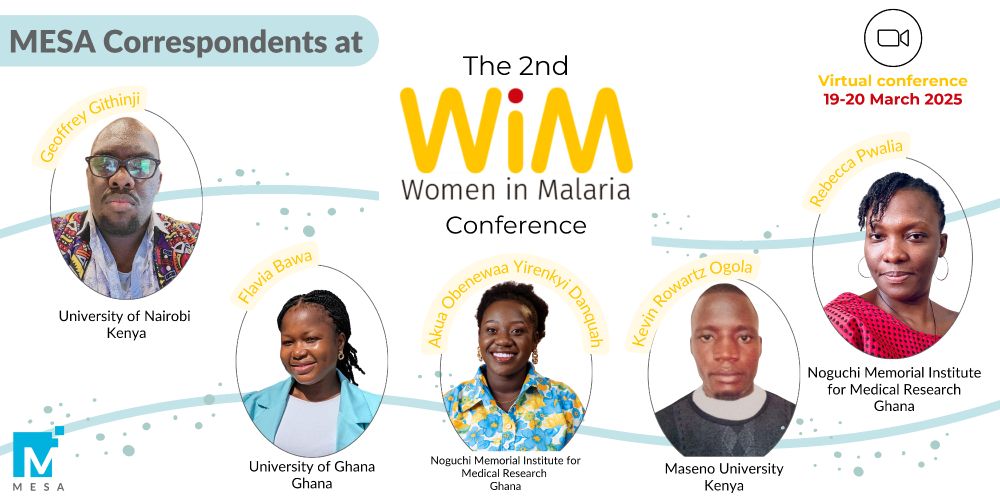
📍Spot Akua Obenewaa Yirenkyi Danquah, reporting from Ghana, added to the announcement image below!
Reports added daily here➡️
mesamalaria.org/reports/2nd-...
Stay up-to-date!
journals.biologists.com/jeb/article/...
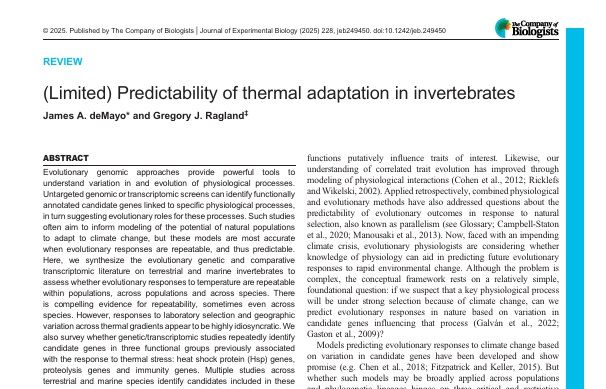
journals.biologists.com/jeb/article/...
www.thelancet.com/journals/lan...
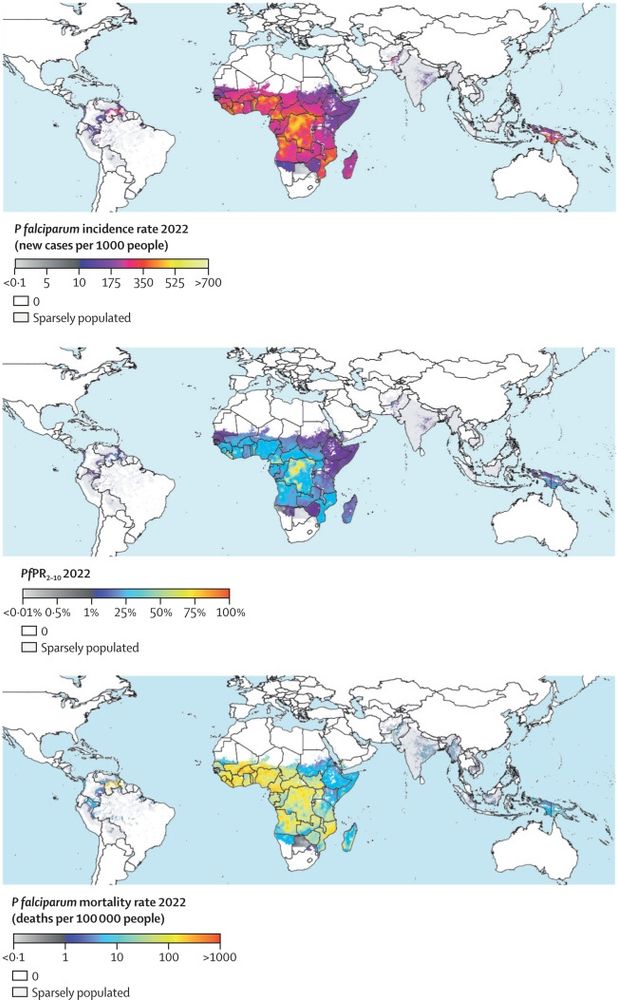
www.thelancet.com/journals/lan...
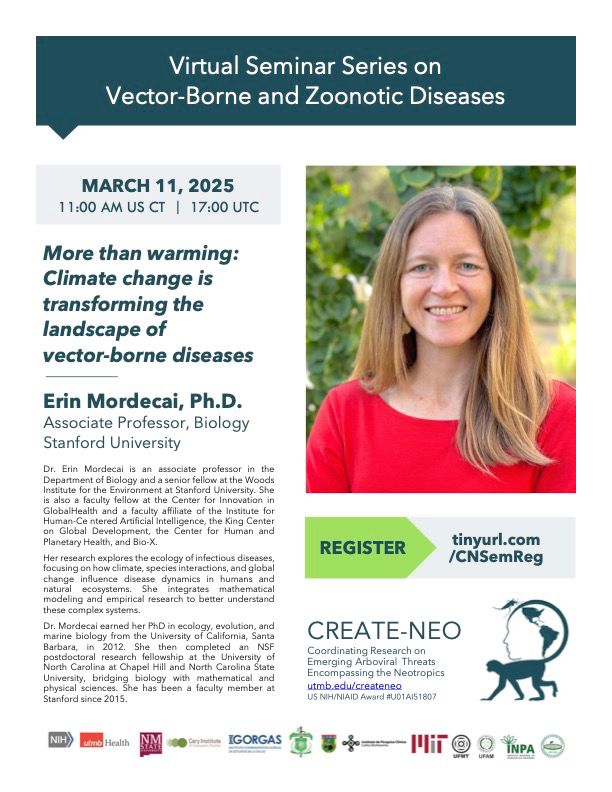
www.governmentjobs.com/careers/harr...

www.governmentjobs.com/careers/harr...
Envy of the world. Poof!
www.statnews.com/2025/02/14/t...

Envy of the world. Poof!
www.statnews.com/2025/02/14/t...


